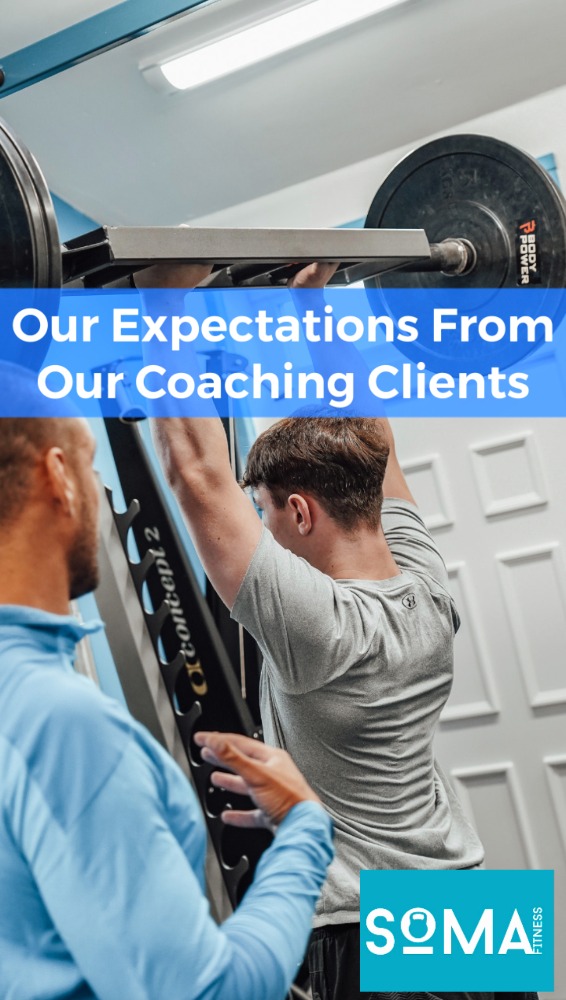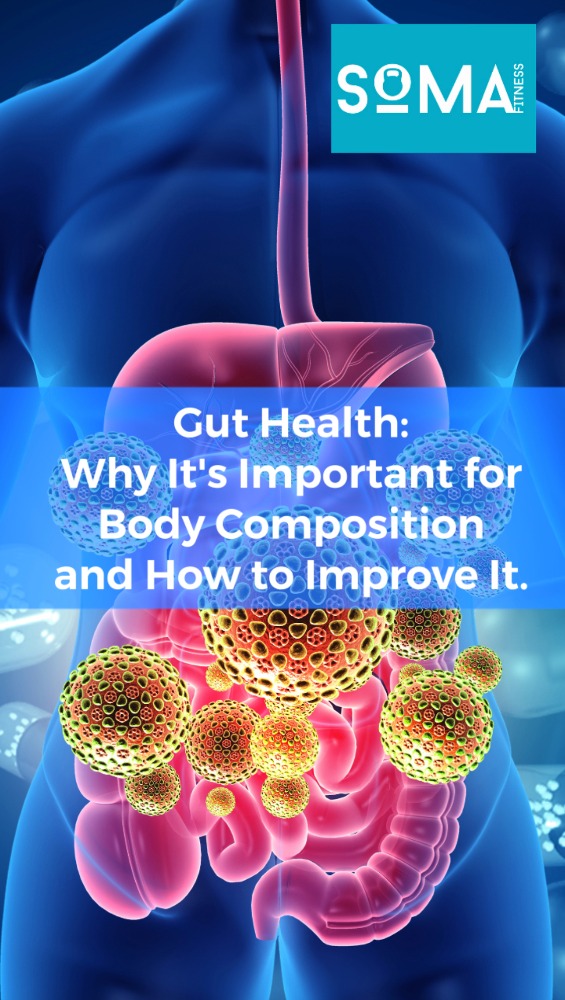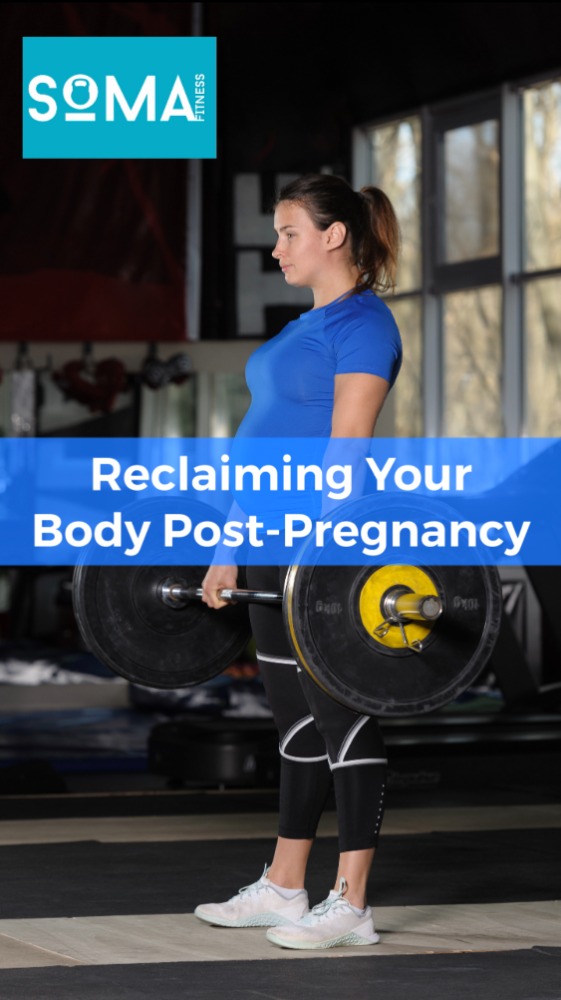Our Expectations From Our Coaching Clients
Speaking on behalf of all professional personal trainers, we become personal trainers because we are dedicated to guiding individuals towards their goal. Nothing gives us a more rewarding feeling than seeing someone change in their health, habits and body. I believe it’s essential for both client and coach to have a clear understanding of what we can expect from each other. This article aims to illuminate what I, as a personal trainer, anticipate from you as my valued client, and what you can anticipate from me as a coach in return.
What I Expect From You, My Valued Client:
- Wholehearted Commitment: Just as I’m invested in tailoring a fitness plan that suits your needs, I expect you to be wholeheartedly committed to the journey. Your consistent presence during sessions and your dedication to putting in the required effort are crucial for achieving your goals.
- Transparent Communication: Your fitness journey is a collaborative effort, and open communication is at its so important. Share your fitness history, preferences, and any concerns openly with me. This information helps me create a plan that’s not only effective but also aligned with your capabilities as an individual and goals. This also allows me to adjust anything along the way.
- Eagerness to Learn: Fitness isn’t just about getting a good workout in; it’s about understanding the principles behind each exercise, learning about proper form, each exercise is a skill and grasping the significance of nutrition. Your willingness to learn gives you the knowledge and understanding to make informed decisions and embrace a healthier lifestyle.
- Trust in the Process: Sometimes the journey might not seem straightforward, and results may not be immediate. I urge you to trust in the process and the plan we’ve crafted. With dedication and consistency, you will see progress and positive changes over time.
- Dedication and Perseverance: We design workouts to challenge you, to help you discover your strengths, and to push your limits. I expect you to give your best effort during our sessions and to persevere even when facing tough moments. Your commitment directly influences your progress. Some days you won’t feel like training, and that’s ok I have those days also, you can still come in and do your best just let your coach know the status on how you are feeling.
What You Can Expect From us as Your Personal Trainer:
- Personalised Guidance: Your goals and you are unique, and so should be your fitness plan. We will provide you with personalised guidance that takes into account your goals, fitness level based on an assessment that we have taken you through, and any limitations you might have. Any professional coach worth his salt will never throw a cookie cutter program at a client. A professional coach will assess first then design a program and a strategy tailored toward you as an individual.
- Support system: You coach is here to encourage you, celebrate your successes, guide you and to provide a support system during the more challenging times. Your victories are mine as well, and I’m committed to helping you stay inspired throughout your journey. There’s nothing more that we want than to see you succeed and be a stronger healthier version of you!
- Expertise and Knowledge: As your personal trainer, We are dedicated to continuously upgrading our knowledge to provide you with the best guidance. Expect high quality control on all exercises, nutritional strategies that work for you and your lifestyle, and full support outside of sessions.
- Adaptability: Life is unpredictable, and circumstances might change. We are prepared to adapt your fitness plan when needed, whether due to shifts in your goals, injuries, lifestyle stress or any challenges that may arise.
- Positive Environment: Our training sessions will be conducted in a positive, non-judgmental environment that encourages progression, growth and self-improvement. We are here to listen, to address your concerns, and to make our sessions enjoyable yet productive.
- Progress Tracking: I will help you track your progress, providing insights into how far you’ve come. Regular assessments/check ins will guide our journey and enable us to make any necessary adjustments for optimal results. The fitness journey is ongoing and there is no end, we all need to keep ourselves strong and fit throughout our lifetime, as we embark the journey of life our fitness journey may also change along the way, as your coach we are here to help you every step of the way.
The journey together as personal trainer and client is built on a foundation of shared expectations. By understanding and respecting what each of us brings to this partnership, we can create an environment that fosters growth, transformation, and achievement.
I have been fortunate to personally coach individuals for over a decade and take them through many stages of their lives it’s a huge honour to have been part of many journeys and the best thing about it is building lifelong relationships and friendships built on trust.










Recent Comments